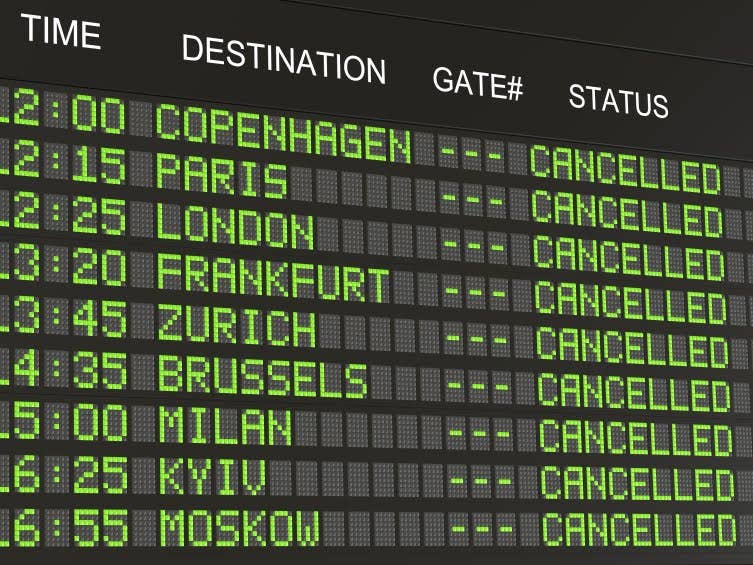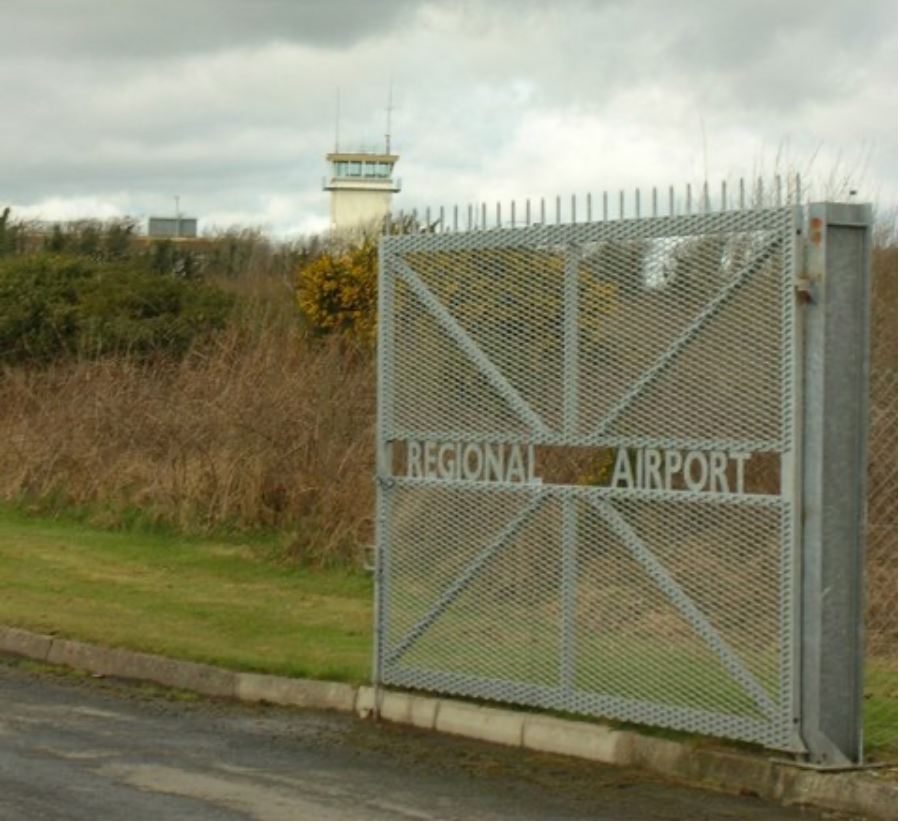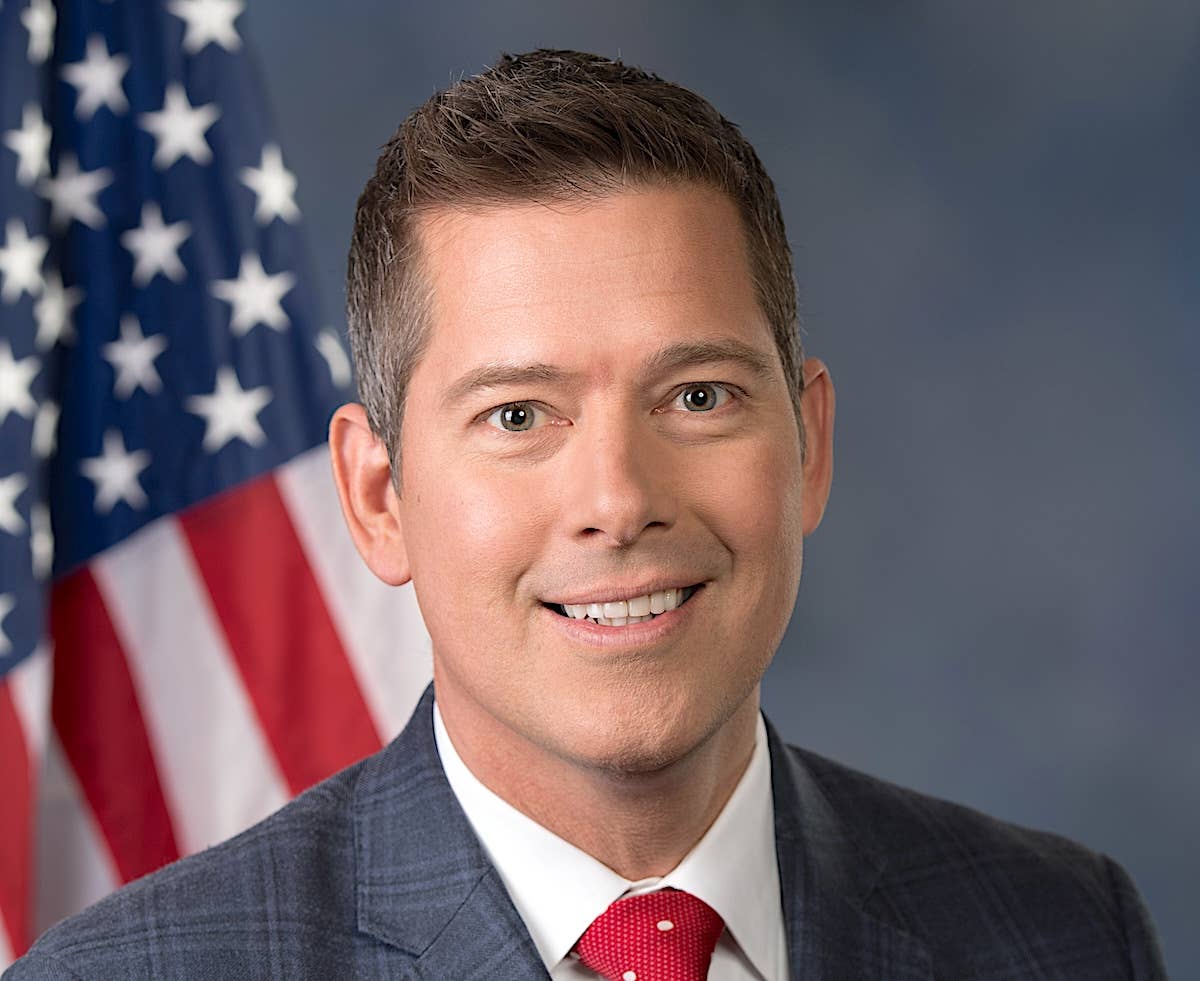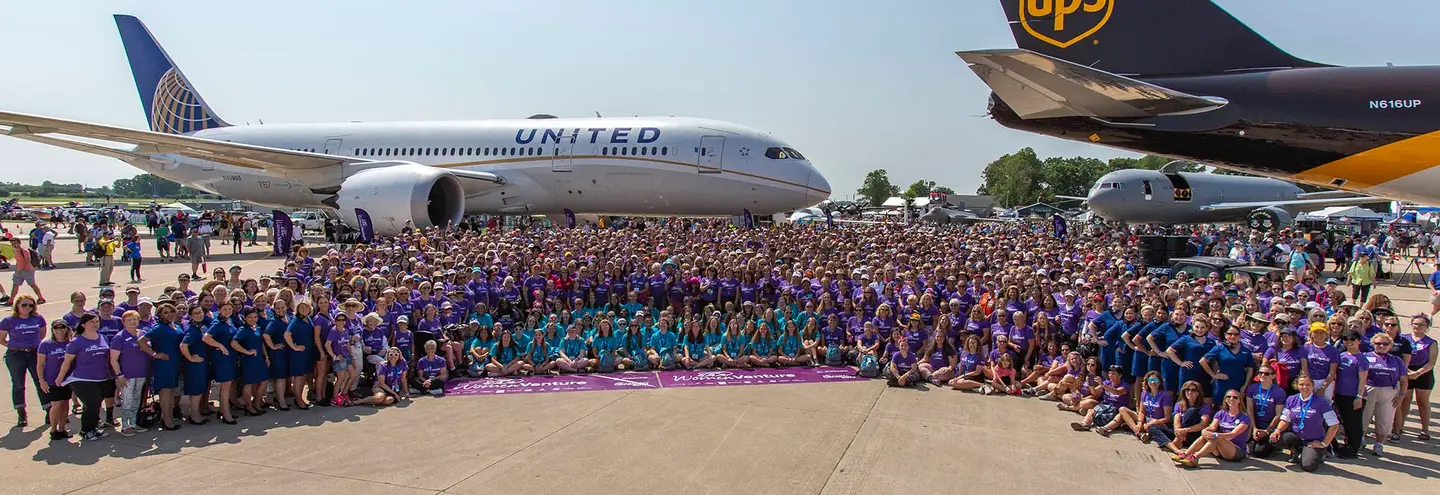Covid-19, Aviation And Community Responsibility
Call it a panic if you like, but Covid-19 is hitting aviation hard. Ahead of government decrees, I’m doing social distancing. Now.

What a difference a few days makes. I pushed the button on the previous blog about the impact of COVID-19 on aviation last Friday at 3:57 p.m. At the time, there were 148 known cases in the U.S. Today, there are 1323, a number that’s likely to be underestimated because U.S. testing remains limited, cumbersome and lengthy. If the virus is following the same exponential curve it has everywhere else, the true number is likely four times that.
Airlines have already reduced capacity and last night, President Trump ordered a 30-day restriction on airline travel from Europe’s Schengen Area countries—the ones with no borders. The U.K. and Ireland are excluded. The North Atlantic is the core of the international travel market for the airline industry and the impact of this restriction will be substantial.
The restriction applies to passengers, not flights, and specifically foreign nationals from the Schengen countries. Americans can continue to fly from Europe, but they’ll be routed through designated airports. I suspect many passengers—foreign nationals or Americans—will just cancel plans entirely and with fewer or no passengers, many flights will also be canceled. Delta, American and United have all cut flights and report drops in bookings of up to 35 percent.
Although airlines are parking airplanes, they have not yet announced furloughs. But for the time being, the hot pilot hiring binge is likely to pause. Whether that dents the equally vibrant flight training industry remains to be seen. This crisis won’t last forever, but I doubt if it will blow over in a month or two, either. I think all of us need to dig in for a slog.
In the course of reporting on this story, I came across a quote from Dr. Anthony Fauci. You of course know who he is: head of the National Institute of Allergy and Infectious Diseases; the go-to guy for questions about epidemics. Here’s what he said on Tuesday: "We can't be doing the kinds of things we were doing a few months ago." If that sounds a little oblique, let me translate. He wasn’t referring to handwashing. He’s signaling that social distancing—maybe aggressive social distancing—is coming and we all have a role to play. It means that if the coming shows—Sun ‘n Fun and even AirVenture—are on your radar, you have a decision to make. We, as a news organization, won’t be attending Sun ‘n Fun. AirVenture is too distant to decide at this juncture. As I was writing this blog, Florida governor Ron DeSantis urged organizers in the state to shut down events that will draw large crowds. No word from Sun ‘n Fun on what they’ll do.
In my view, governments around the world have profoundly failed in this crisis. China, especially, but also Italy, Iran and now the U.S. The mechanics of how a viral disease propagates exponentially are well understood, even if the specific virulence sometimes isn’t. What’s missing now is the decisive national leadership and political will to do what’s necessary to slow its spread. In China, authorities dallied in denial until it took draconian social distancing—literally locking people in their houses—just to flatten and reverse the curve. Italy followed a similar path, causing a near-collapse of the critical care network in Lombardy. The U.S. has failed abysmally in fielding testing kits, placing our tracking of the contagion far behind countries like Korea, which can perform more than 10,000 tests a day. If you are still comparing this to seasonal flu, you are being willfully ignorant. If you’d like a detailed analysis of the numbers thus far, here it is.
Because government leadership in the major venues—albeit not everywhere—has been two weeks behind the curve, responsible, informed citizens will have to step up. This is less about the risk of contracting the virus personally, but more so the larger community responsibility of keeping the contagion below the threshold limit of available critical care capacity. There are only so many ICU suites and ventilators available in the U.S. and it’s our duty, collectively, to make sure we need as few of them as possible.
And, as happened in Italy, if the outbreak worsens, it may come to doctors deciding who gets one and who doesn’t. Speaking of doctors—and nurses—they are on the front lines and much will be expected of them, at great personal risk. We owe them all that we can to avoid needing their care.
Personally, for me, this translates to cancellation of all travel and minimal local movements including the core of my day—daily gym visits. I’m avoiding not just crowds, but even meetings in closed spaces. For exercise, I can do my bike on the local rail trail and I’ve got a set of weights at home. That’ll do for now.
Giacomo Graselli, an Italian health official explaining the dire situation Italy is in, said, “The most important thing is to avoid a lot of people becoming sick. You have to teach the population that they have to behave in some way in order to avoid the spread of the disease.” That means several things, but mostly it means avoiding social contact as much as possible. We might get lucky here. Warming weather could inhibit the virus or other circumstances could intervene to slow the contagion. But that’s hope, not planning. I certainly hope I don’t contract COVID-19, but my larger responsibility is to the herd. I aim to fulfill it.
These are the CDC guidelines for personal social distancing.
FRIDAY, MARCH 13 UPDATE: Sun 'n Fun has been postponed until May 5 to 10. See the AVweb news story here.






